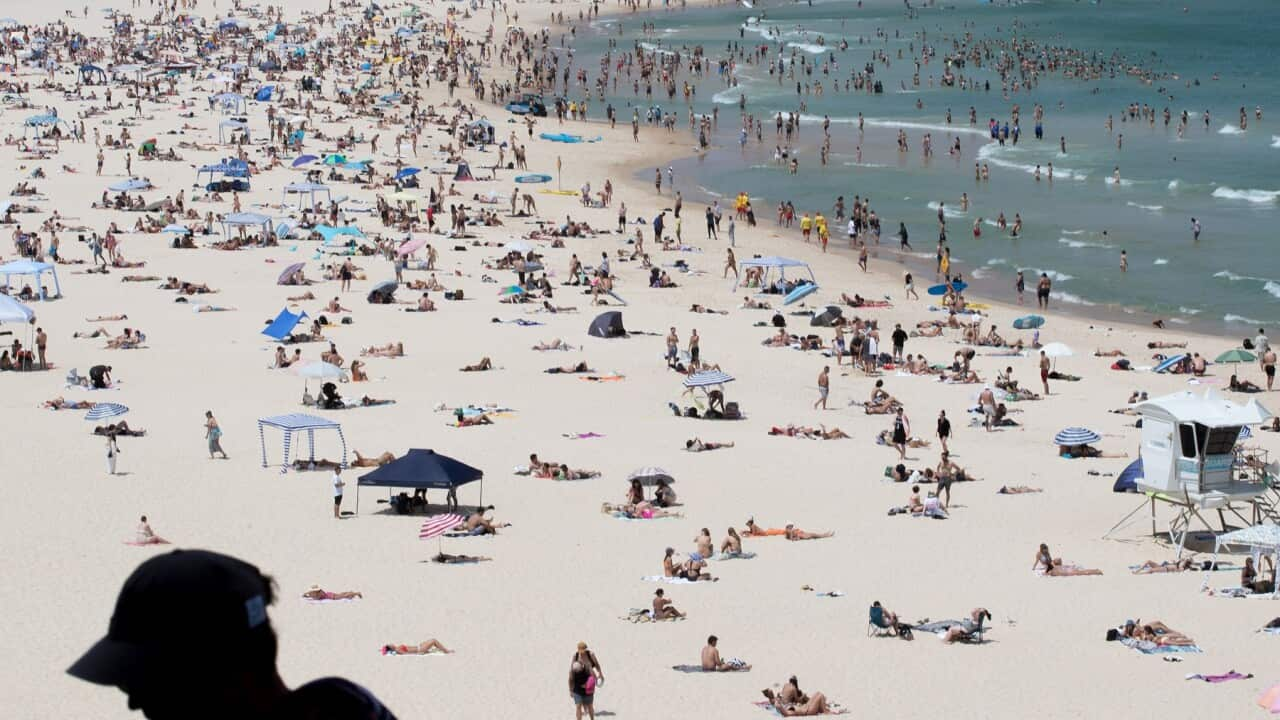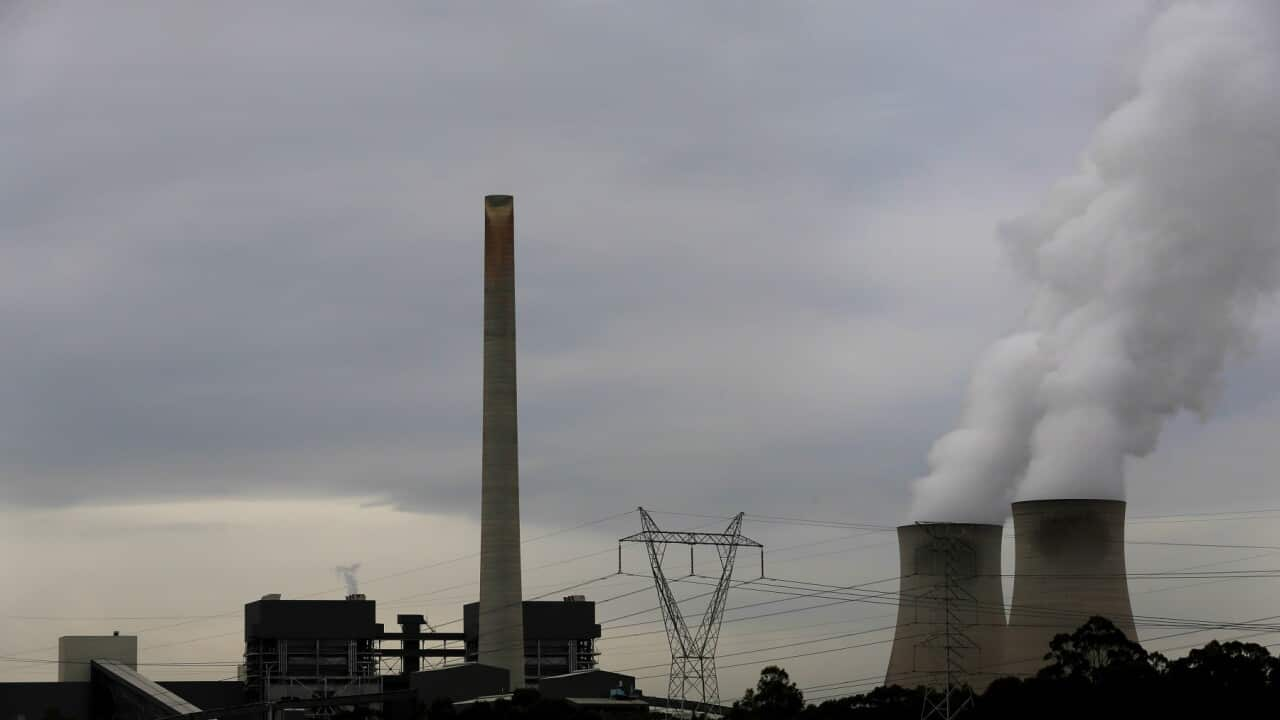TRANSCRIPT
From record dry, and heat conditions, to fatal floods, 2023 was a year of extreme weather for Australia.
New reports by the Bureau of Meteorology confirmed it was Australia's eighth warmest year on record.
And the winter, Australia's warmest ever.
August to October saw Australia's driest three-month period, also breaking records.
But summer heat and bushfires concerns didn't quite match predictions.
David Gooding from the Bureau of Meteorology explains.
"Australia's weather was influenced very much by Indian Ocean Dipole and also E Nino, and we developed an environment where conditions across much of the country was very warm and very dry. We did see more wet conditions, particularly in the north and the East Coast."
Across the country, there were record rainfalls in Queensland, New South Wales, and Victoria, while a deadly blaze destroyed more homes in the sunshine state than the 2019-2020 Black Summer.
Gippsland in regional Victoria had an early fire season, followed by extreme rainfall and flash flooding.
South Australia, Tasmania and Victoria also had record rainfalls.
And Western Australia recorded its warmest September on record.
Homes around Perth have now been threatened three times by large fires.
And the east coast has been experiencing unusually high humidity over the summer period.
Dr Simon Bradshaw is the research director from the Climate Council and says there's a lot to be learned from these weather patterns.
"The lesson from this summer really is that things are becoming more chaotic and unpredictable, and harder to foresee, so we've really got to take that message when it comes to taking care of our communities and tackling the climate crisis."
Activists from the Australian Youth Climate Coalition have gathered at Parliament House, urging the federal government to take further action on climate change.
This young person travelled from regional Australia to attend the gathering.
"We can't keep using fossil fuels and expecting the outcome, the worsening climate crisis, to change. Because quite simply it won't. I'm calling on those in power to listen to youth voices and support and urgent transition away from gas and towards renewable energies."
Greens leader Adam Bandt also addressed what he called the federal government's broken environment laws.
"I'm making sure that new coal and gas projects that threaten our environment cannot go ahead and Labor should back that. Labor says that it's serious about tackling climate change. Well if you're serious about tackling climate change, then our laws must stop new coal and gas projects from being approved."
Labor's Environment minister, Tanya Plibersek, issued this response.
"The Greens political party and the cross bench negotiated with the government a safeguard mechanism, the safeguard mechanism is the legislation that ensures that Australia gets to net zero. Its why for example we are investing in upgrading the predictive capacity of the BOM because we know that the weather we're dealing with is becoming increasingly uncertain."
In the meantime, the Bureau of Meteorology's David Gooding says the worst of the wild weather isn't quite over.
"So what we're expecting at least the three months ahead is probably wetter than average over the north and north-eastern of Australia, probably equal chances of being wet or dry for much of the rest of Australia."













